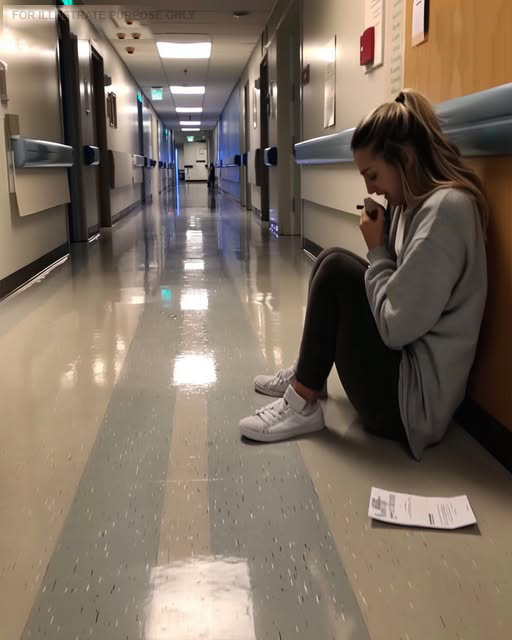After my mother passed away, I thought the hardest part would be the grieving.
I was wrong.
The attorney read her will with an icy detachment: “All monetary assets and property are to be transferred to my eldest daughter, Clarissa.” That was it. No explanation. Not even a mention of me.
Clarissa beamed smugly. She had always been the favorite—or made sure everyone believed she was. The only time she ever called Mom was when she wanted something: a designer handbag, a “loan,” or a way out of the chaos she constantly created.
I, on the other hand, sat beside Mom’s hospital bed every weekend. I spoon-fed her soup when chemo left her weak and nauseous. I sorted through the mountain of paperwork and handled the insurance when she was too tired to even speak.
I wasn’t expecting a fortune. But I also didn’t expect to be erased.
I walked out in a haze of disbelief. I didn’t want to endure Clarissa’s fake sympathy or the lawyer’s indifferent stare. I just needed air.
Then someone called my name from down the hall.
“Wait—Miss Lennox?”
I turned to see Dr. Amir, my mother’s long-time physician. He approached me cautiously, with a respectful softness in his tone.
“I have something for you,” he said gently.
I blinked in confusion. He reached into his coat pocket and retrieved a small, sealed envelope. My name was written on it in my mother’s shaky, familiar handwriting.
“She gave this to me a few weeks before she passed,” he said in a low voice. “She asked me to give it to you personally—and told me no one else should know.”
My hands trembled as I opened the envelope. Inside was a folded letter and a small key attached to the back. I inhaled sharply when I read the first line:
“My dear girl, if you’re reading this… it means Clarissa got what she always wanted. But you, my love—you got what truly matters.”
A tear rolled down my cheek.
In the letter, my mother confessed that she suspected Clarissa would manipulate her in her final days—especially when the illness left her vulnerable and confused. She said she was simply too tired to keep fighting over the will. So she gave in—not because she loved Clarissa more, but because she no longer had the strength for arguments.
But she hadn’t forgotten me.
The key belonged to a safety deposit box at a small, local credit union. I went there the very next morning.
Inside, wrapped carefully in a velvet pouch, were my mother’s wedding ring, a locket with an old photo of the two of us, and a handwritten journal filled with memories. She had written about late-night conversations we’d shared, her favorite recipes, my first piano recital, and her quiet pride in who I had become.
And at the very bottom of the box?
A cashier’s check for just over $75,000.
Tucked beside it was a napkin corner, hastily scribbled with a note: “This is yours. I trust you to use it well. Clarissa may have taken everything else, but you deserve peace. Love, Mom.”
I clutched that napkin and cried. Not because of the money—but because she remembered me.
In that quiet, private box were her truth, her love, and her trust. That meant more than Clarissa’s mansion and bank accounts ever could.
It was something far more valuable than money.
